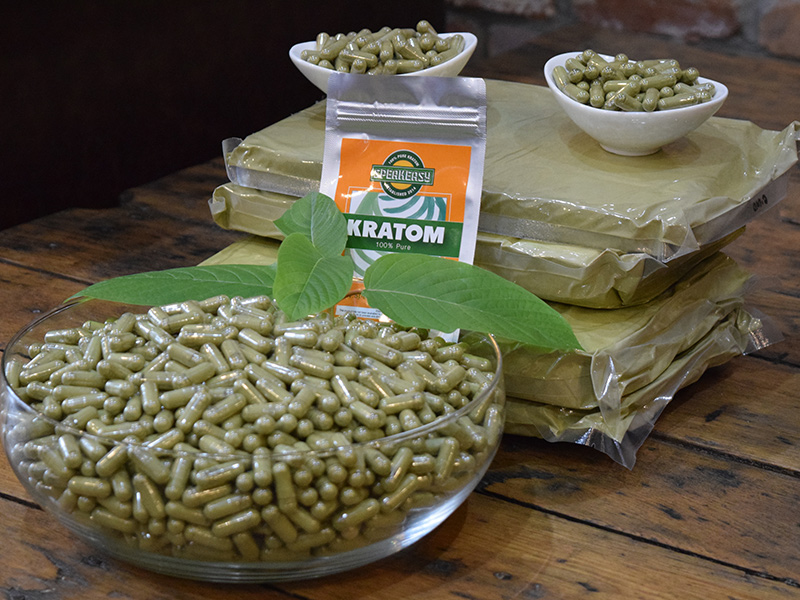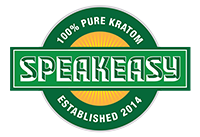
Mitragyna Speciosa, widely known as kratom or ketum, is a tropical evergreen tree belonging to the coffee family and native to the botanical regions of Indochina and Malaysia in Southeast Asia. This plant is indigenous to countries such as Thailand, Indonesia, Malaysia, Myanmar, and Papua New Guinea, where it has been utilized in traditional medicine since at least the 19th century.
The Dutch colonial botanist Pieter Korthals first provided a formal description of Mitragyna Speciosa in 1839, and assigned its initial name. Following several renaming and reclassification attempts, the final name and classification were established by George Darby Haviland in 1859.
Methods of Consumption

In its native regions, kratom leaves are traditionally chewed fresh, typically after removing the fibrous central vein. Dried leaves may also be chewed, but their toughness often leads individuals to crush or powder them for easier ingestion. The most prevalent method involves mixing powdered kratom with water and consuming the mixture. Alternatively, the powdered kratom can be encapsulated for a quick and straightforward method of consumption. Another popular option is dissolving kratom in hot water to create a tea, which can then be sweetened to taste.
Historically, kratom has been used by villagers, peasants, and laborers in Indonesia, Thailand, and Malaysia for its purported therapeutic effects. According to folk traditions, it has been employed to treat various medical conditions such as diarrhea, muscle cramps, intestinal infections, coughs, and more. Kratom is also believed to be a natural immune booster. In early Thai traditions, kratom reportedly invigorated workers, who often led monotonous and repetitive lives. Thai laborers claimed that kratom consumption made them feel energized and more inclined to engage in manual labor tasks. This usage bears similarities to how American workers utilize coffee for a boost in the morning or mid-afternoon. Given kratom's relation to the coffee family plant Rubiaceae, this comparison seems reasonable, as Thai people traditionally consumed the plant as a customary part of their daily lives.
Please note that the information provided here is strictly for informational and educational purposes and has not been evaluated or approved by the FDA. We have compiled this information from medical studies and botanical research to educate those interested in researching this plant. It is crucial to understand that kratom (Mitragyna Speciosa) is sold exclusively for botanical research and is not intended for consumption in any form.

